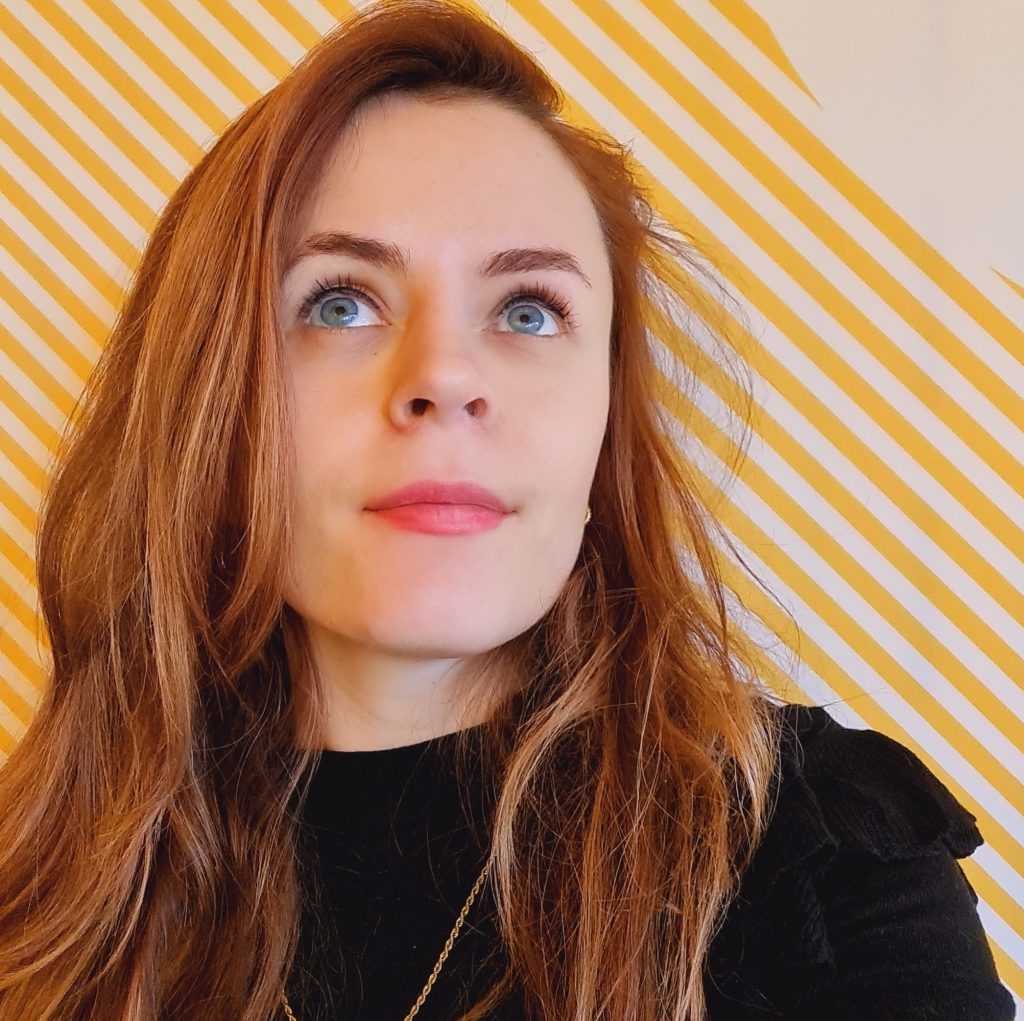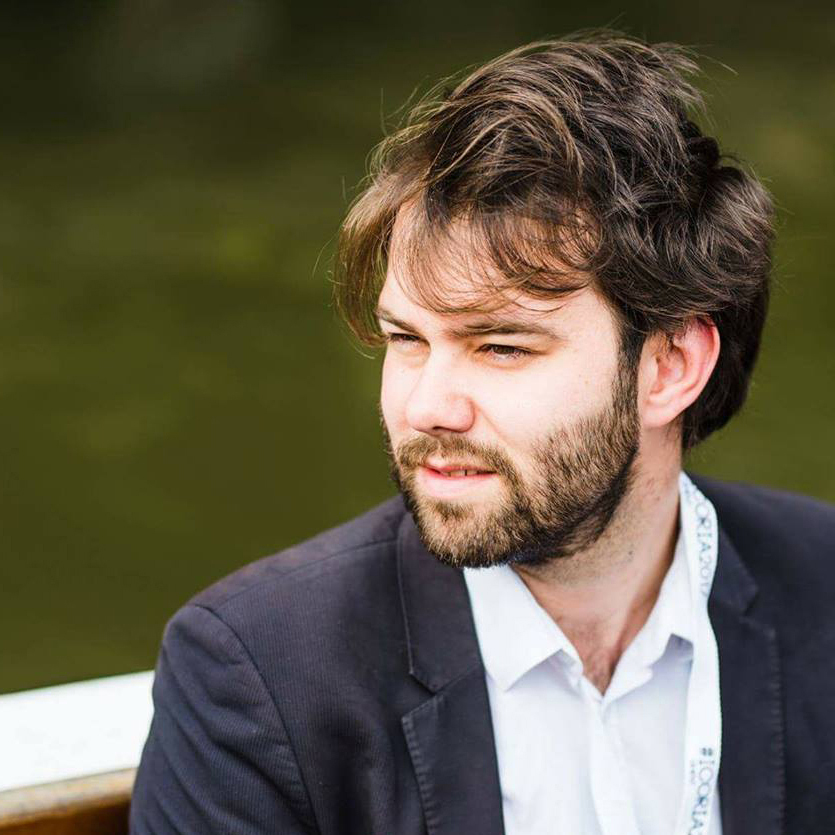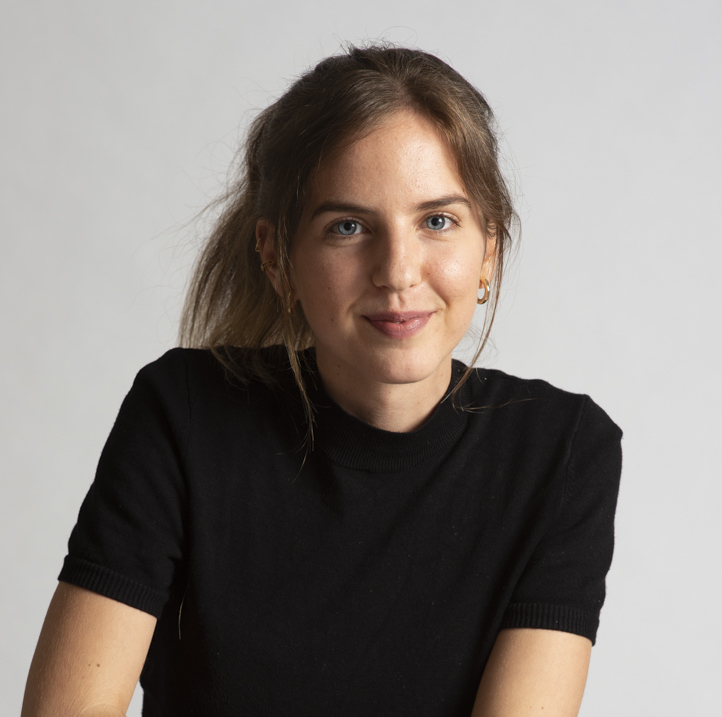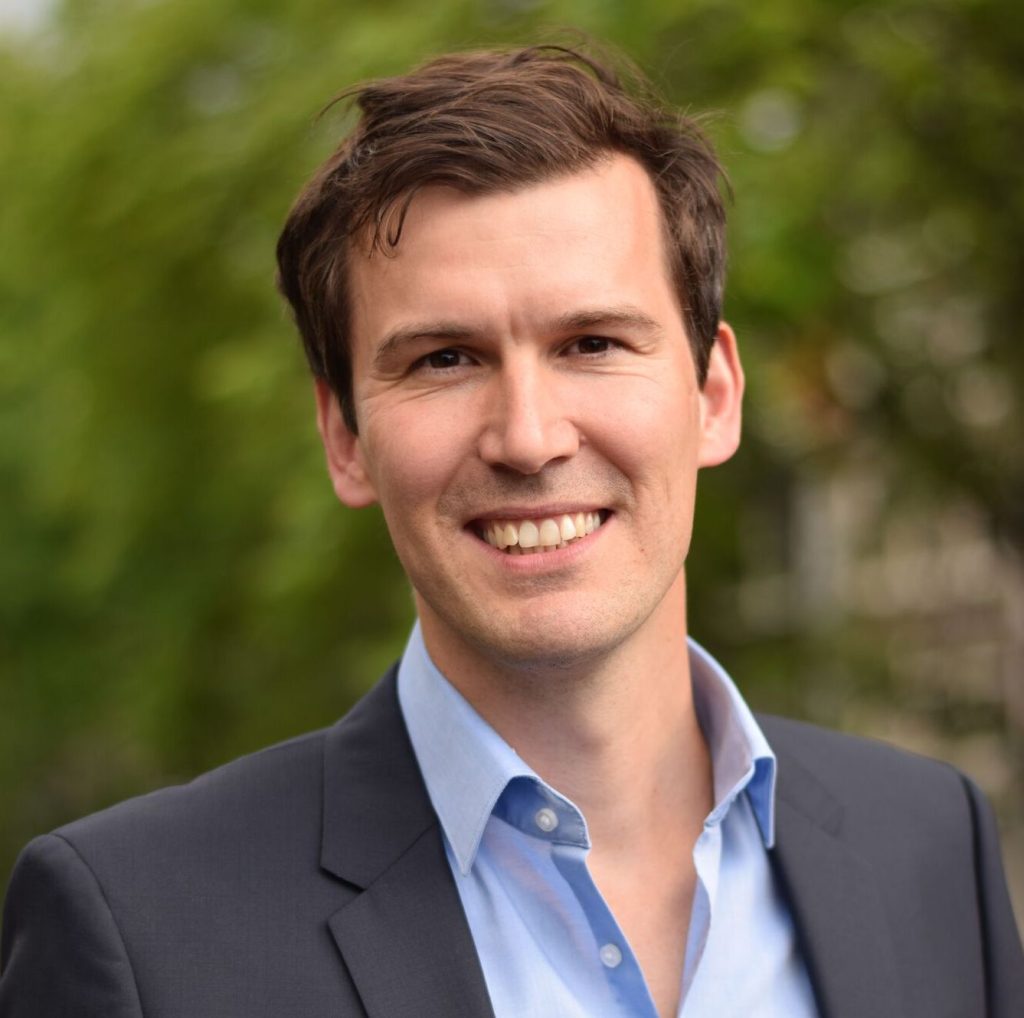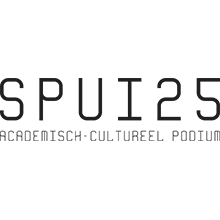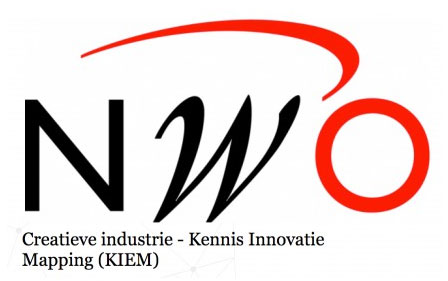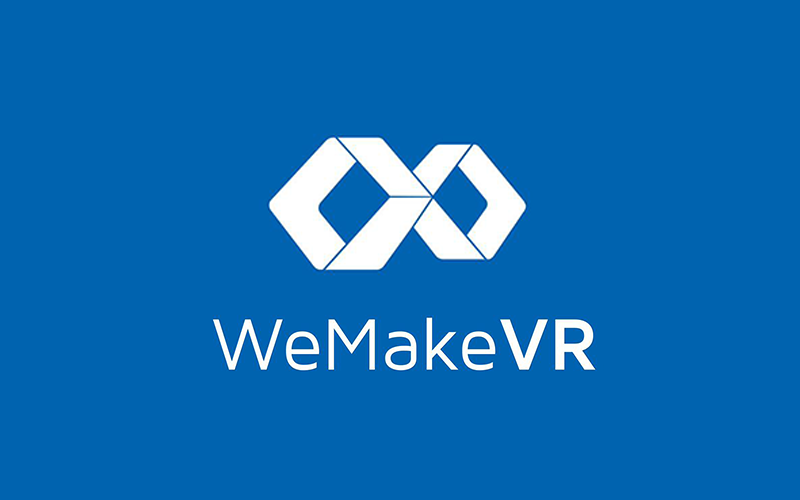In the beginning there was an idea to create science-based VR entertaiment to promote sustainability. Now we hold in our hands an VR experience that gives you a front-row seat to the impact of your unsustainable behaviour.
Project N.O.M.P.
Behaviour change through entertainment
Witness first-hand how your mountain of plastic waste expands over the years
Project NO More Plastic shows you that what starts as an innocent daily shopping can become a vast plastic problem in the future. Undergoing the VR experience showed participants how to reduce the amount of bought plastic, which successfully translated into more sustainable real-world choices.
The Plastic Age
Plastic pollution is one of the most immediate threats to the environment and is becoming an increasingly large threat to public health. Even though awareness of this threat is increasing, many people still find it difficult to make sustainable changes to their daily lives. A reason for this is that the consequences of not engaging in these (sustainable) behaviours tend to be psychologically distant from people’s immediate reality.
What is Project NO More Plastic?
1. Immerse yourself in a playful virtual experience
Carry out your regular shopping and buy all the necessities to your home.
2. Encounter your own plastic waste
Face the consequences of your own shopping and witness first-hand how the mountain of plastic waste expands over the years.
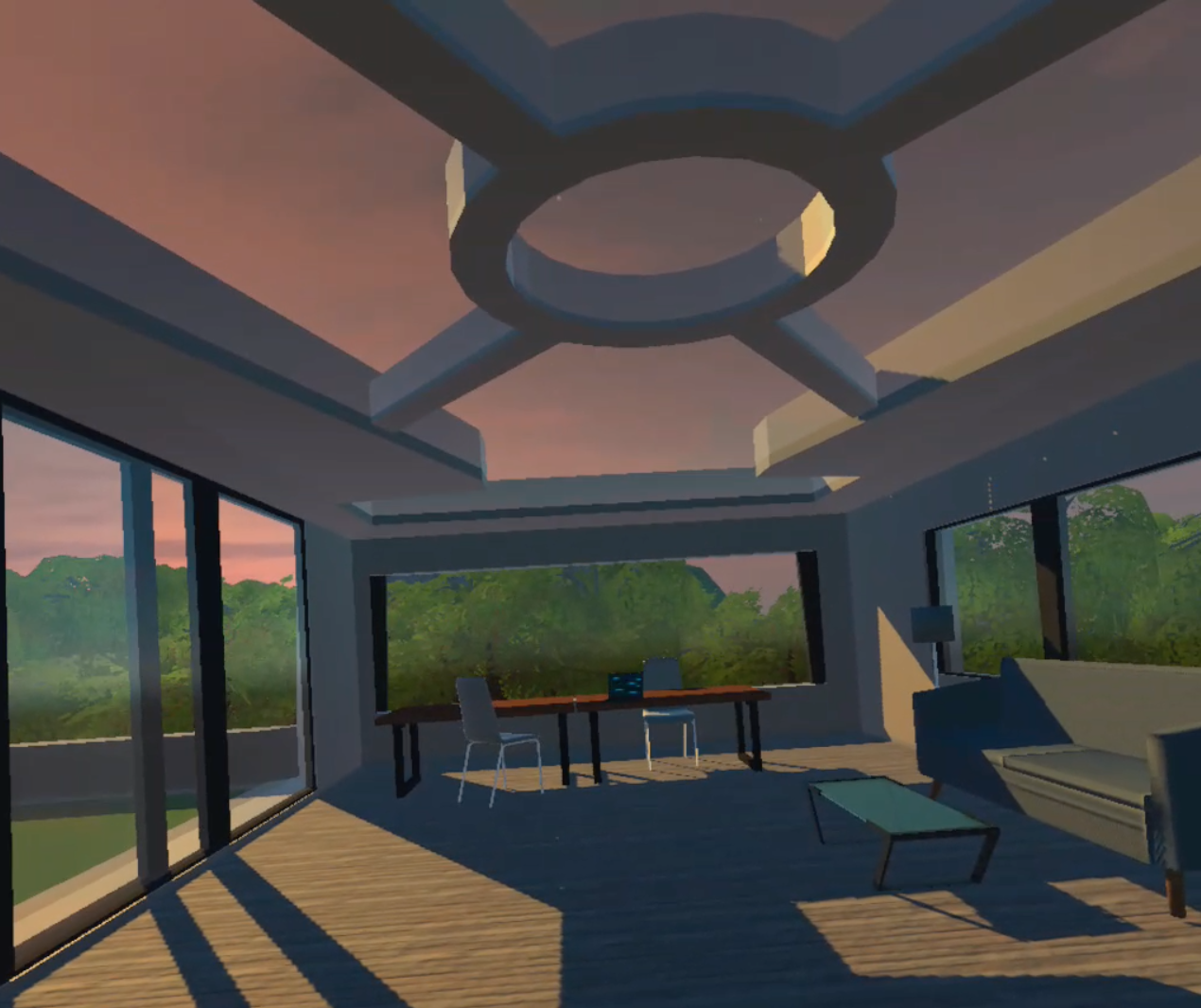
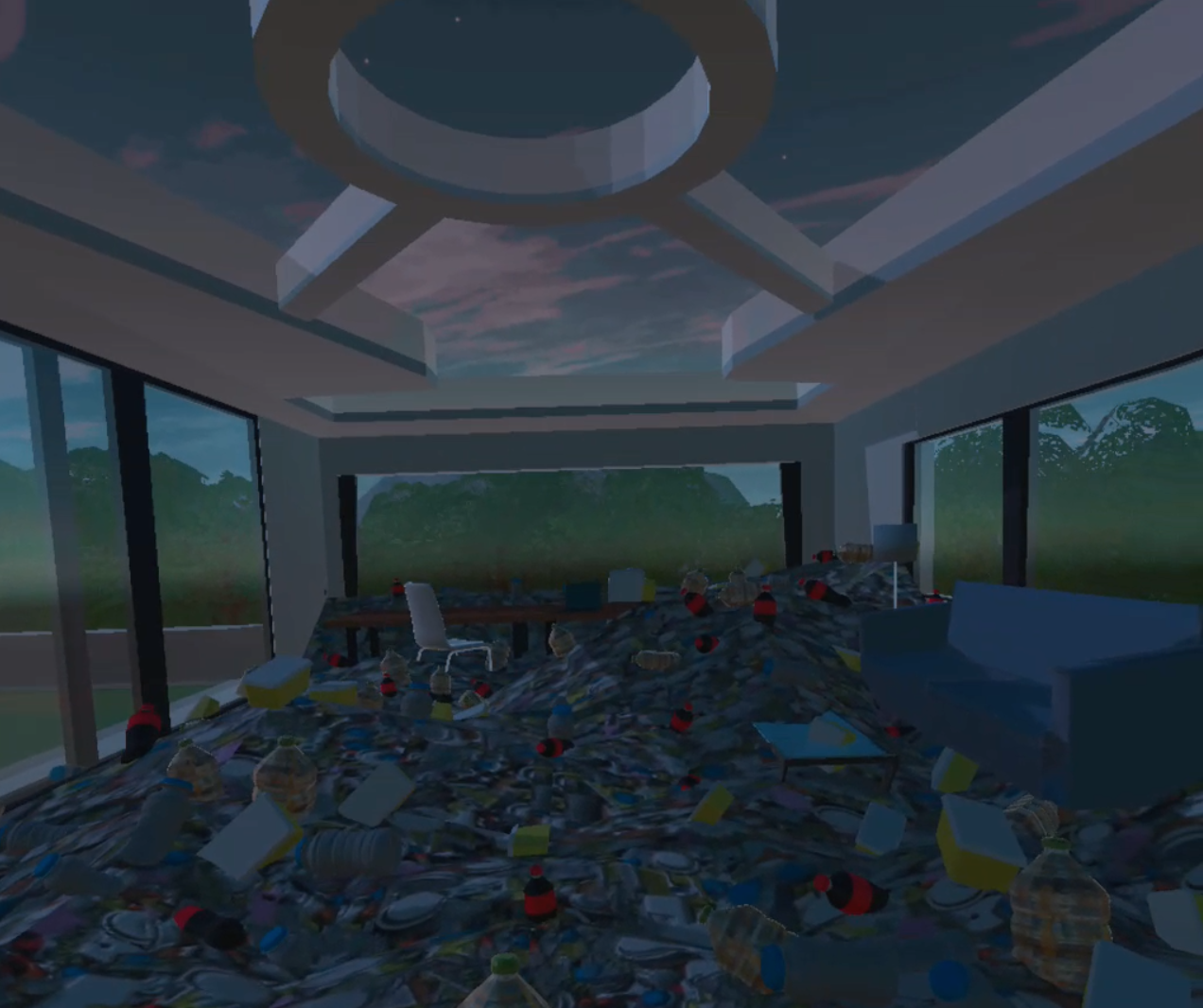
3. Learn how the reduce your plastic consumption
The converter machine shows you products with alternative packaging to plastic & teach you to shop more sustainably.
4. Gain self-efficacy
Improved self-efficacy will lead to stronger intentions to reduce your plastic usage and one week later lower plastic consumption
Study results
Direct effect on self-efficacy
Decreased plastic consumption
Long-term effects
”The initial results show that virtual reality helps promote sustainable habits among adults.
Hande SungurResearcher & Scholar
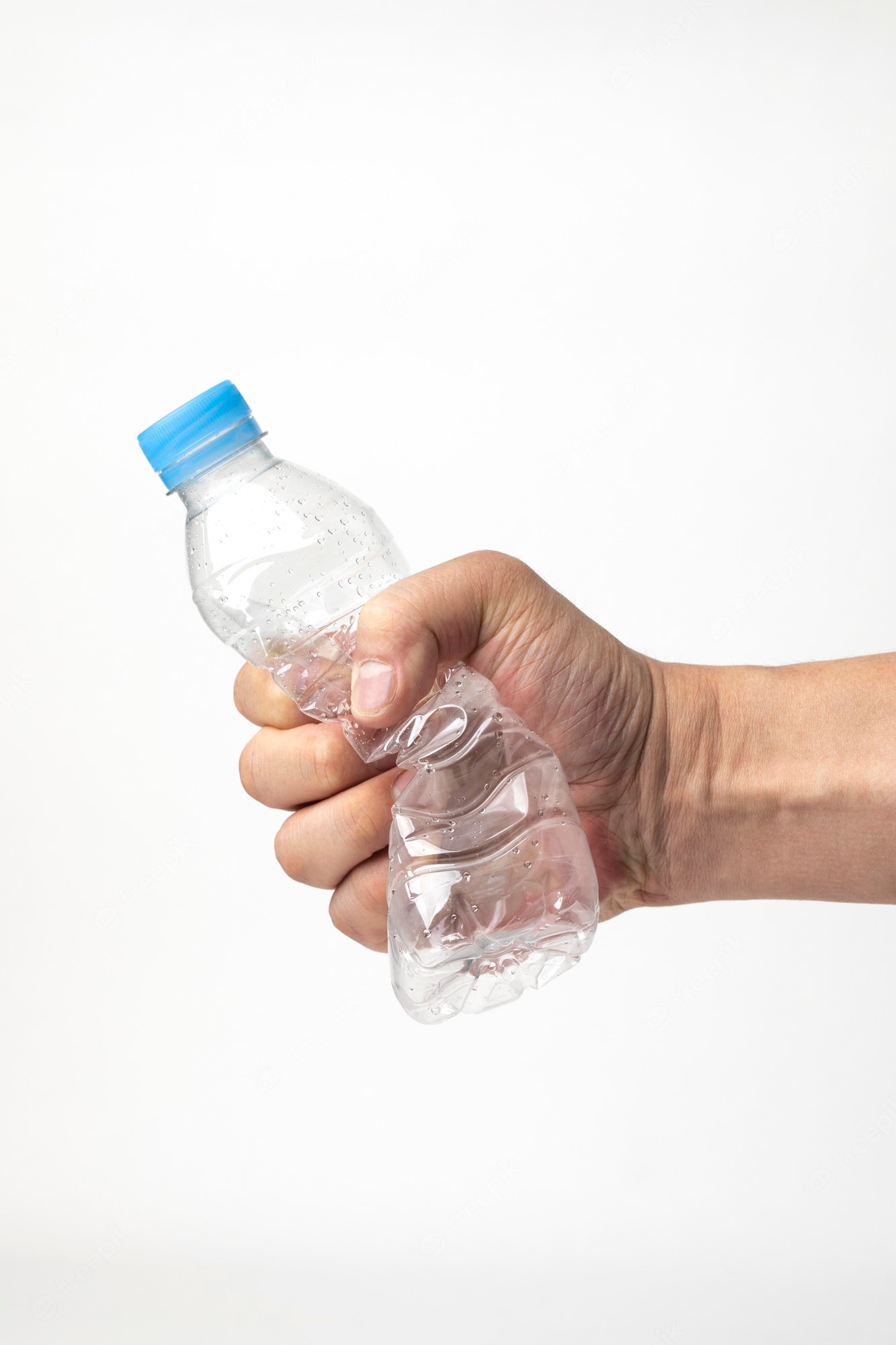
It's time to make nature our priority. Let's change the world together.
